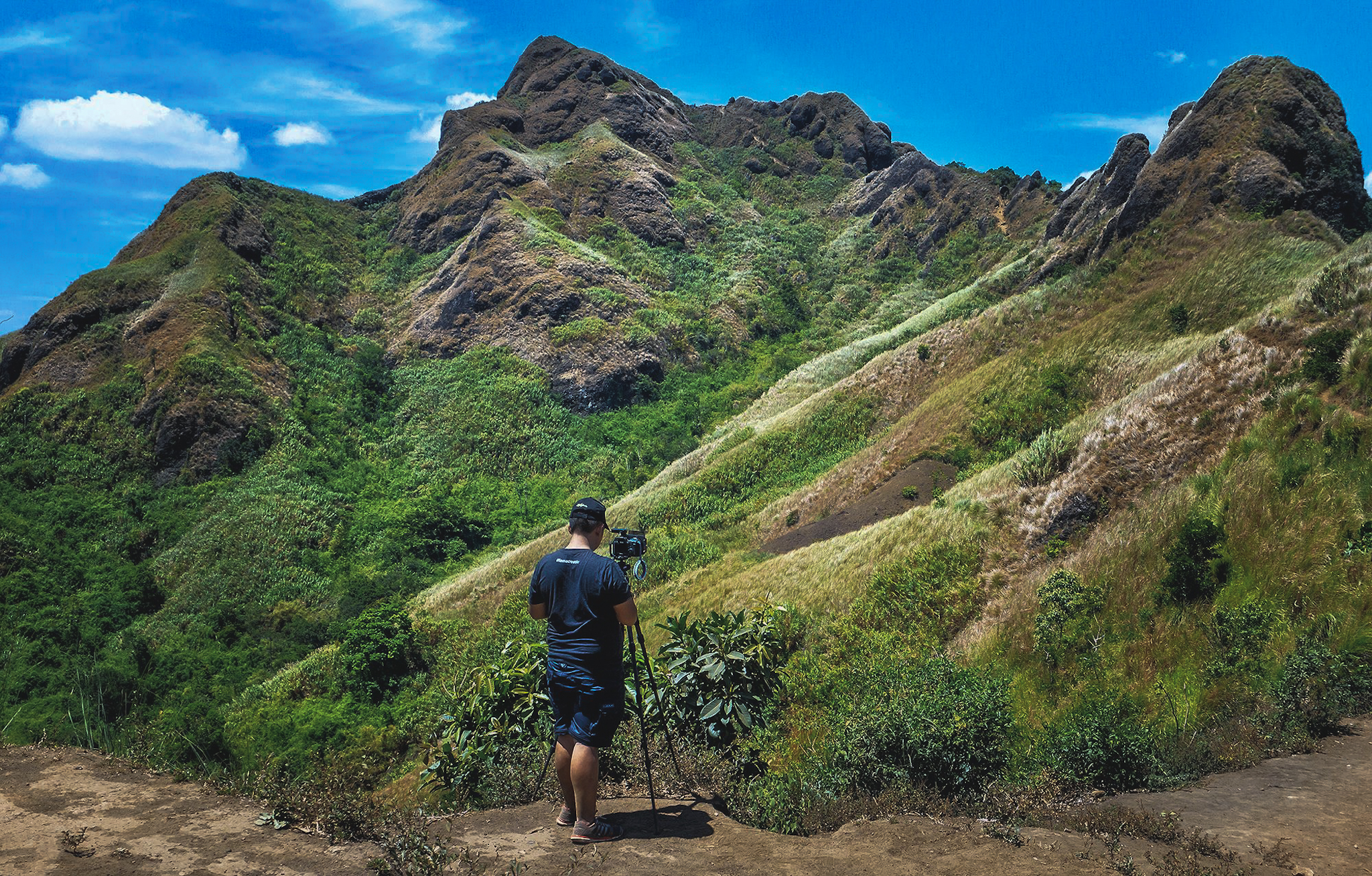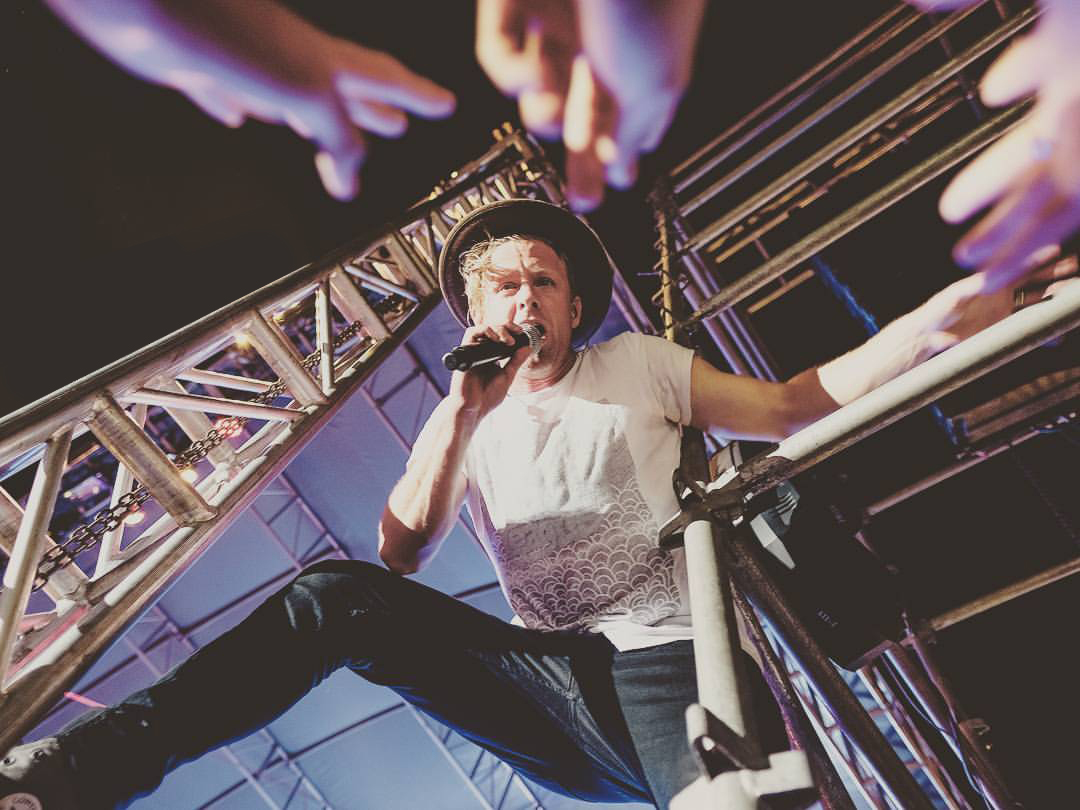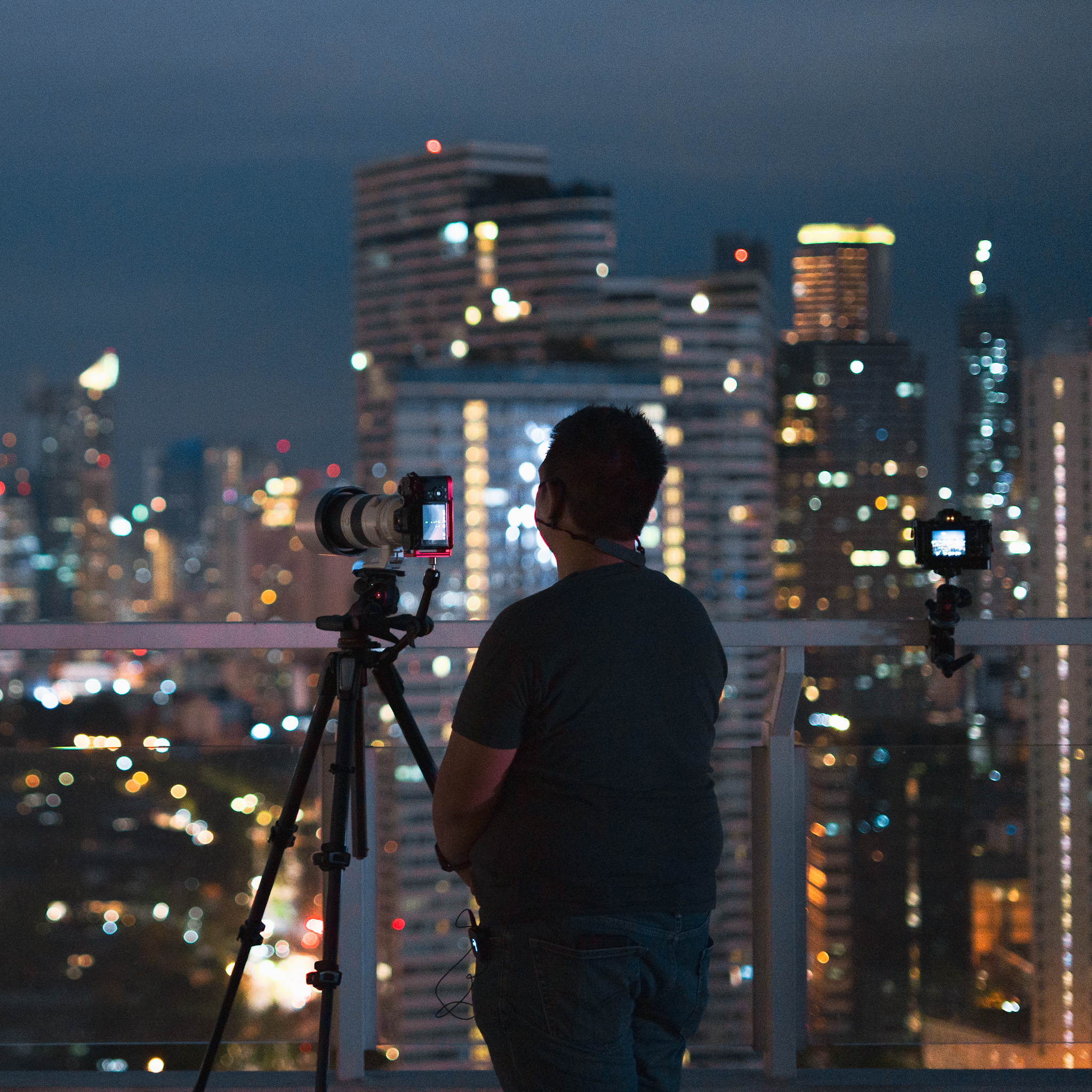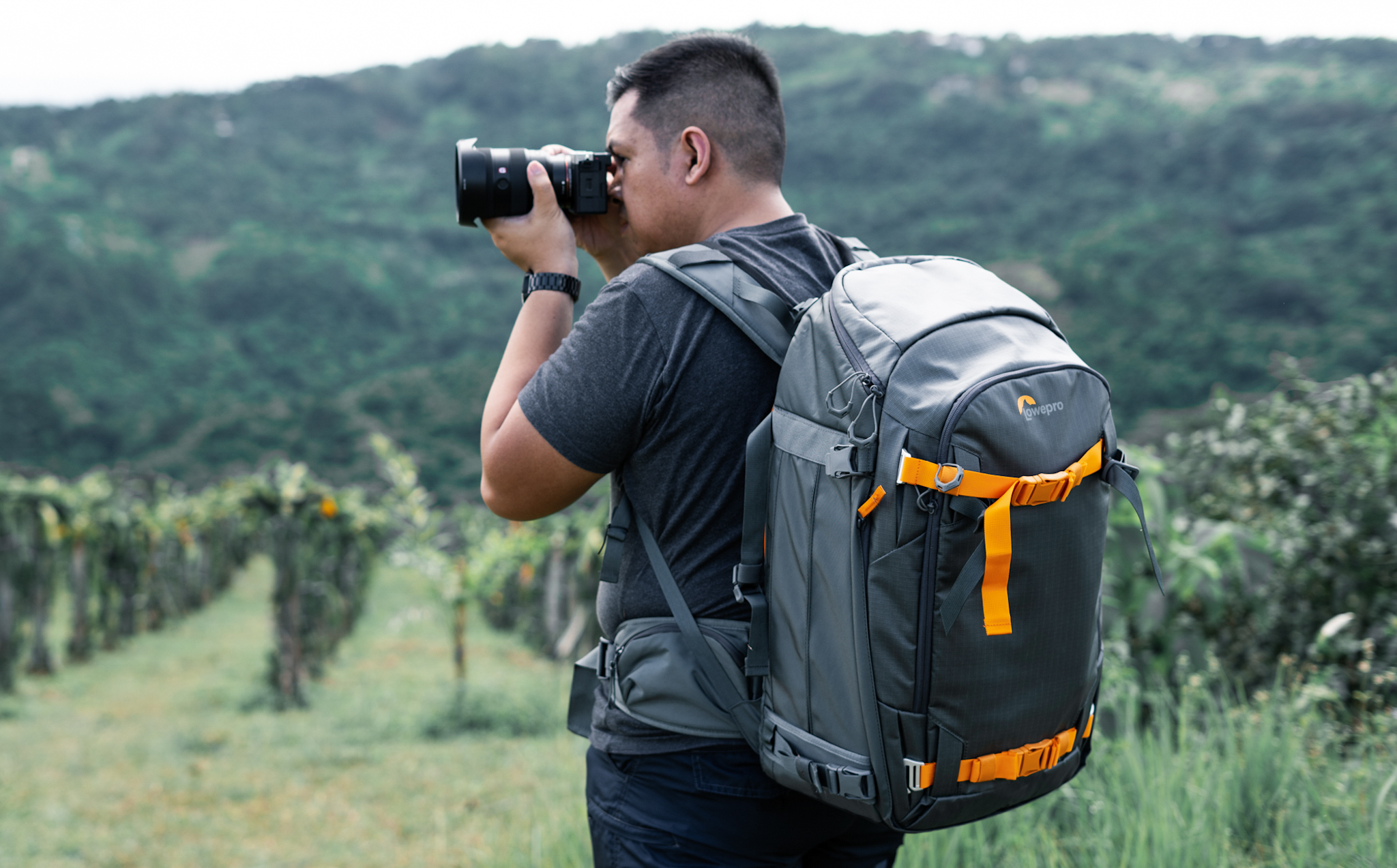Great photographers are not born, they are developed. The habits we form as beginners play a huge role in that development overall.
Being a beginner in photography can be quite overwhelming. Different people have different reasons for learning the craft, but there are many similar milestones that we experience in the process. The journey to becoming a good photographer is filled with a lot of inspiration as well as a lot of frustration. Learning and practicing the craft has a lot of highs and lows amidst all the challenges and hindrances.
These five tips are not the typical technical ones that you would find in photography books and workshops. Though not passed around as commonly as they should be, these tips don’t directly lead you to become a great photographer but should put you on the right path.
1. Be Curious and Explore

Most of the time, learning photography is not about reading a book or watching a video, it's about asking questions and trying things.
Whether you are learning photography through workshops, courses, books, tutorials, or simply self-learning by experimentation, your curiosity dictates how far you go. During the first few months of learning photography, this is out of the question. However, as you learn more and start to be able to do a bit more than just taking a snapshot, there might be a point wherein you stop seeking new things to learn. Most people usually start learning photography with absolutely no genre in mind, and this feeds curiosity quite well because it allows you to explore different kinds of photography until you narrow down your interests to a handful that you want to keep trying.
However, some people jump straight to a certain genre. While there is nothing wrong with this, one might skip the fun part of exploring other kinds and workflows of photography. Exposing yourself to different genres of the craft can also be helpful for your growth as an artist. The discipline and skills that you pick up from trying other styles can exponentially boost your creativity in the long run.
2. Photograph What You Love

My love for music kick-started my passion for photography. I hurried learning to use my camera so I could take concert photos. (In the photo: Jon Foreman of Switchfoot)
There will come a time where the disappointment and frustrations in your journey might hinder you from moving forward. This is far too common, but most photographers survive it. However, if you have a deeper connection to the subject of your photographs, it may be much easier to pick up the camera again after moments of despair.
3. Use Photography to Get To Know Yourself
As photography becomes a bigger part of your life, observing yourself and how your personality and behavior benefit your photography can be a very productive habit. Since mastery in photography comes with never-ending practice and repetition, you will be able to identify your strengths and weaknesses and observe how they affect you in every step of the creative process. This can either help you identify some aspects about yourself that you might need to work on for you to become a better photographer overall, or it can help you identify some non-negotiable limitations that may hinder you more significantly in one genre over another.

I later on realized that I enjoyed more slow-paced ways of doing photography. Shooting cityscapes relaxed me and also gave me a rush because I used to be afraid of heights.
For example, if you are someone who is not comfortable talking to and establishing rapport with a lot of people, it might be a hindrance for you in instances where you would have to collaborate with a team. Most commonly, it might be a hindrance in shooting portraits when you have to direct your model in posing and help them get the right facial expression. It is important to realize that your discomfort in working with another person may affect and result in discomfort for them as well, and this can directly affect your visual output. Choosing the kind of photography to focus on can be greatly affected by this.
On the other hand, it can also be the other way around. Photography can be a way for you to identify these limitations or personal hindrances and a motivation to improve on them. Whether it be for the love of photography or just to make you a better person in general, using photography to get to know yourself better and deeper will have significant positive effects on your life.
4. Ditch Your Excuses
Excuses are tempting. Excuses are comparable to some forbidden fruit for anyone who seeks to master a certain skill or craft. Of course, it is a given that we are all bound to make mistakes and have shortcomings in every endeavor. However, it all depends on how we look at these mistakes and these limitations. How we process and take advantage of these experiences greatly affects how we progress as students of the craft.

In every creative process, many factors come into play, and most of them greatly affect the quality of our output. Photography isn’t just about pointing a camera and pressing a button; there are so many steps of the process that are unseen in the resulting images.
Logistics play a key role in every photographic exercise. Whether it be setting up a studio, making sure all the equipment is working, or physically getting to a challenging location, logistics usually take up the majority of the time spent creating a photograph. Physical factors work the same way. Your physical condition as a photographer as well as that of any other person you work with on a team affects the outcome of your image. On top of that, psychological and emotional factors can significantly nudge the tasks towards a different direction.
There's a multitude of factors to blame when our images are not as satisfactory to others or even to ourselves. However, the crucial part is how we consider these factors for future projects. All the hindrances can be used to prepare yourself better for future tasks and ultimately help you avoid mistakes that you have already made in the past.
5. Enjoy the Process

You will know that photography is for you if you find yourself doing it over and over again even after a ton of challenges.
The most important habit in learning photography is to find joy in every step of the process. Learning the craft is best done with experience and repetition, and the inability to enjoy these steps more commonly leads to burnout. The road to becoming a good photographer has a lot of turns and dead ends. You will certainly encounter a lot of mistakes, frustration, and even failure. However, if you enjoy most, if not all the steps of the creative and logistical processes in your photography, it will be easier for you to pick yourself up from failure and frustration to try again the next day. If you are serious about becoming a good photographer, perhaps don’t take it too seriously.
Repetition and practice develop skills. Habits result in work ethic and discipline. Photography is not about the gear, not just about good images and an impressive portfolio. Who you are as a student, an artist, and a person greatly affects your success.





